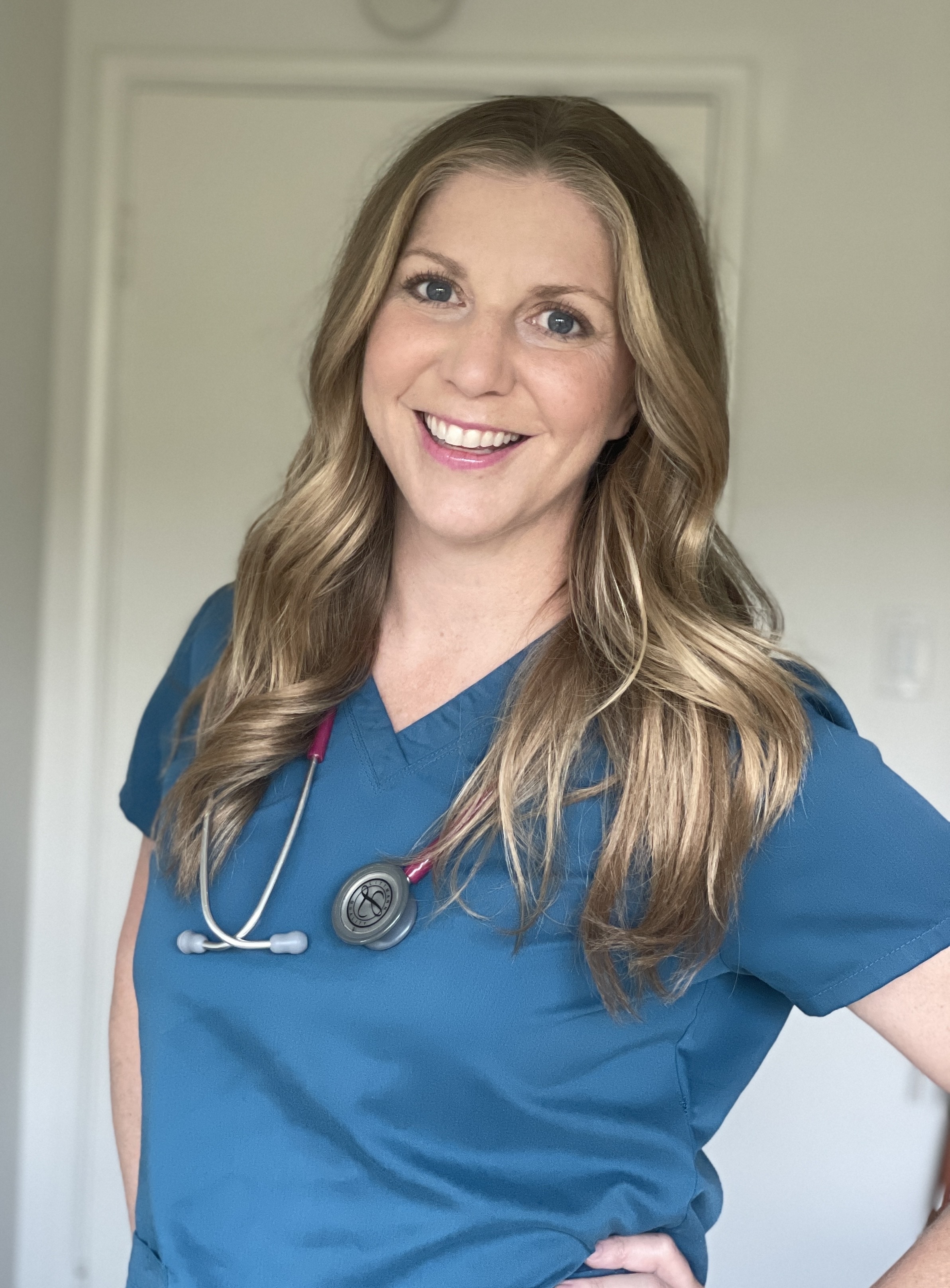Recently, we wrote about what the actively dying phase looks like, which occurs during the last phase of life. This was thanks to the help of hospice nurse Julie McFadden, aka @hospicenursejulie, who educates about death and dying on TikTok.
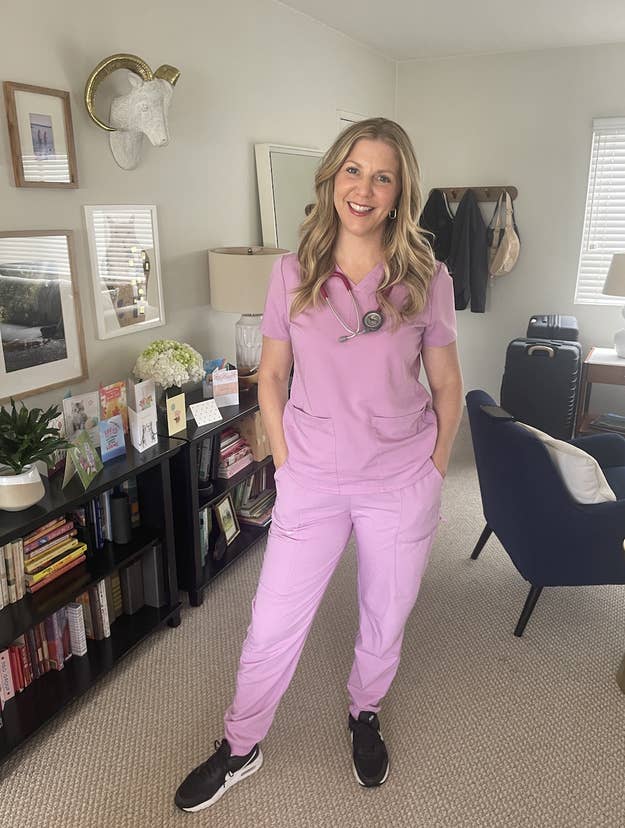
Julie, whose viral video about the actively dying phase now has almost 9 million views on TikTok, taught us about symptoms that may appear scary but are entirely normal — like the death rattle, the "rally," end-of-life visioning, and "fish out of water" breathing.
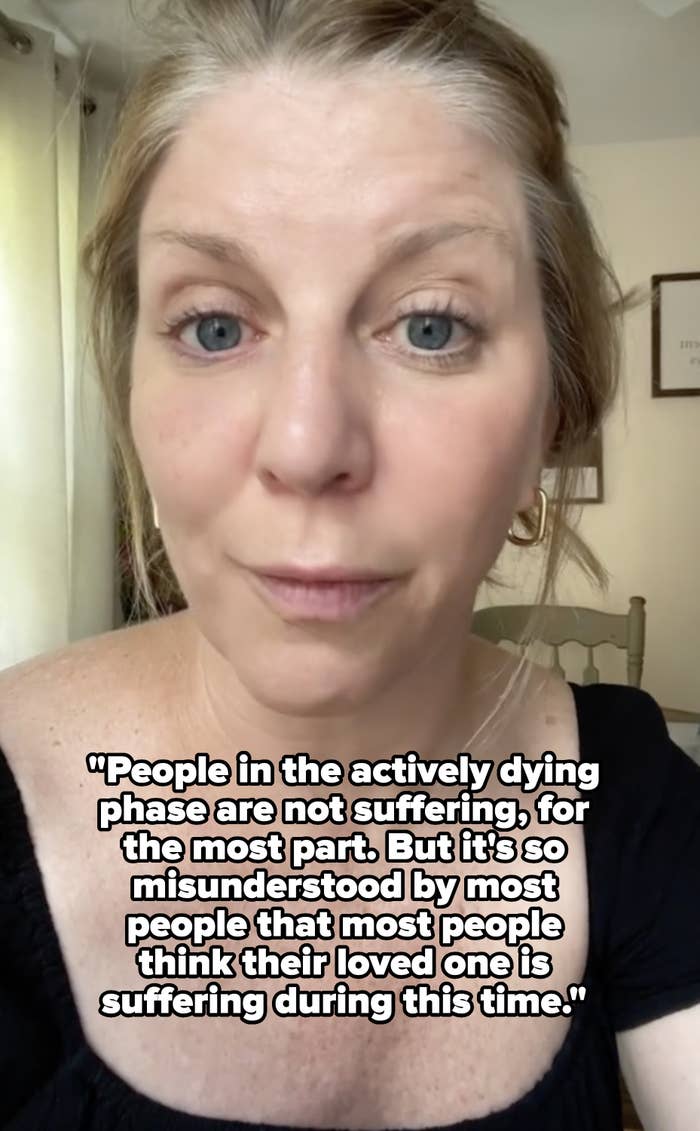
Julie wants to alleviate some of that fear around death and dying — she says that by educating ourselves about the final stages of life, "we can better be there for our loved ones."
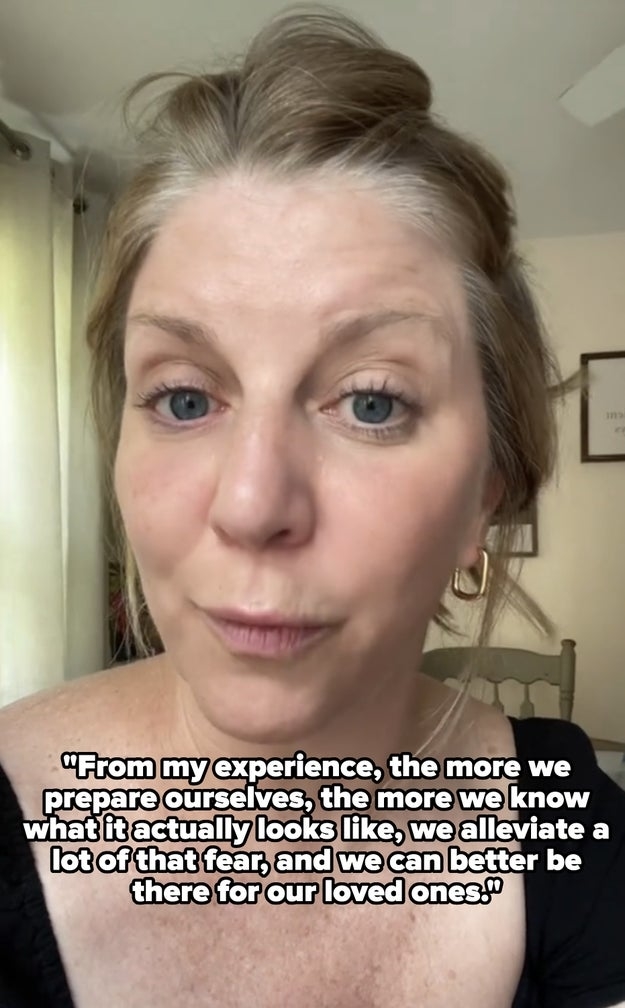
Now that Julie has educated us about the actively dying phase (I recommend that you read the article or watch her video if you haven't yet), and hundreds have also shared what they wish they knew about death and dying before witnessing their own loved one's death, I asked the BuzzFeed Community the lingering questions still on their mind.
From the practical (like does it hurt?), to the taboo (do our bodily fluids really just release?) and the personal (how can we deal with our death anxiety?) — here are all your questions that Julie answered about death and dying:
1. "What does the actively dying phase feel like to the dying person? Do we know?"
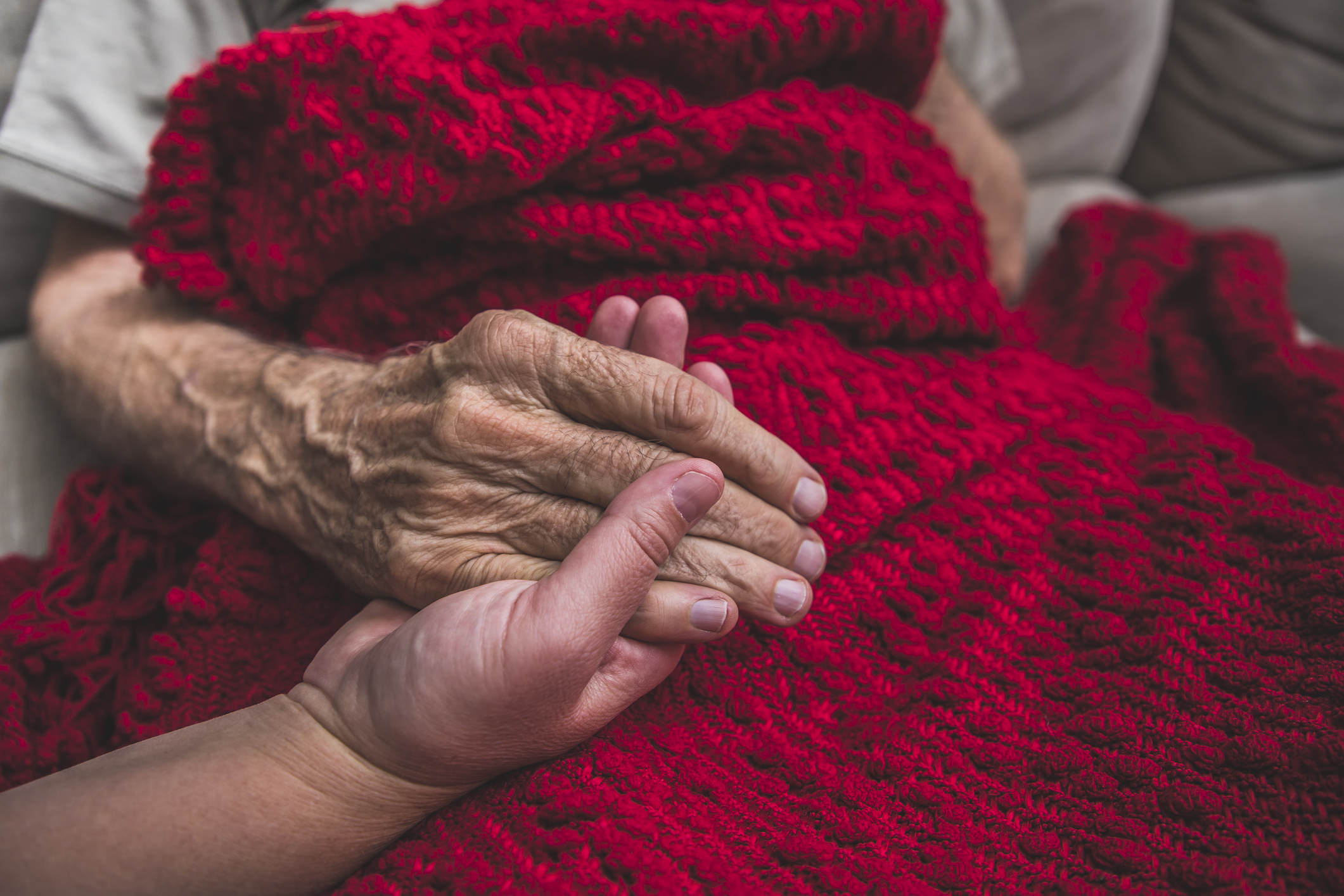
2. "When someone is dying, can they hear or feel us?"
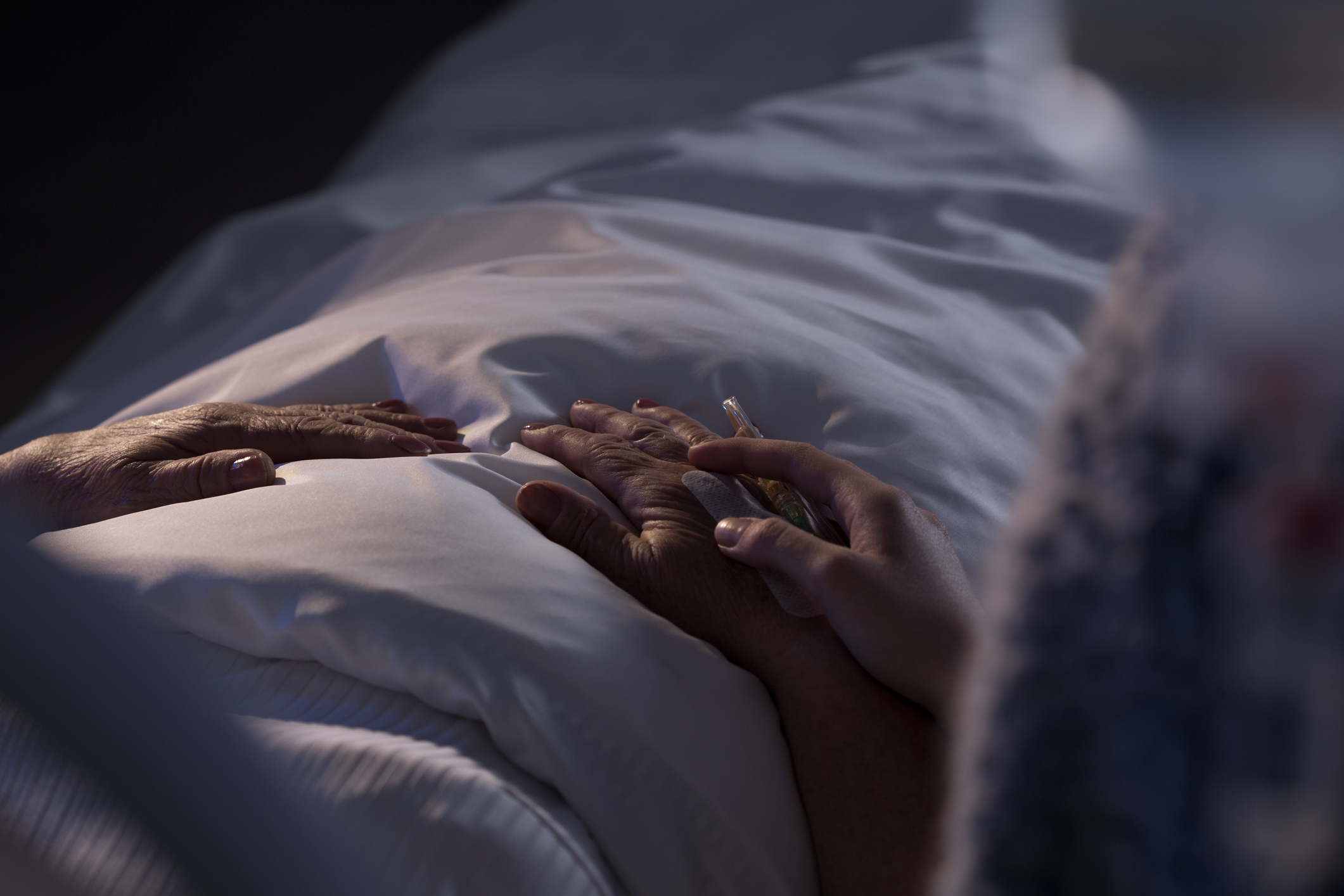
3. "When someone is dying, does it hurt?"
JM: So, I always like to say that dying itself does not hurt, especially if you're dying a natural death, meaning like from a disease, but you're allowing the natural progression to take over. That does not necessarily hurt, but the disease and its symptoms can cause pain. The actual act of dying — likely not. But the disease you're dying from can cause symptoms that make you hurt, hence why we have, you know, doctors and nurses who can help with those symptoms so you can have an as-peaceful-as-possible death.
4. "What happens with a pacemaker or defibrillator during the final minutes of death?"
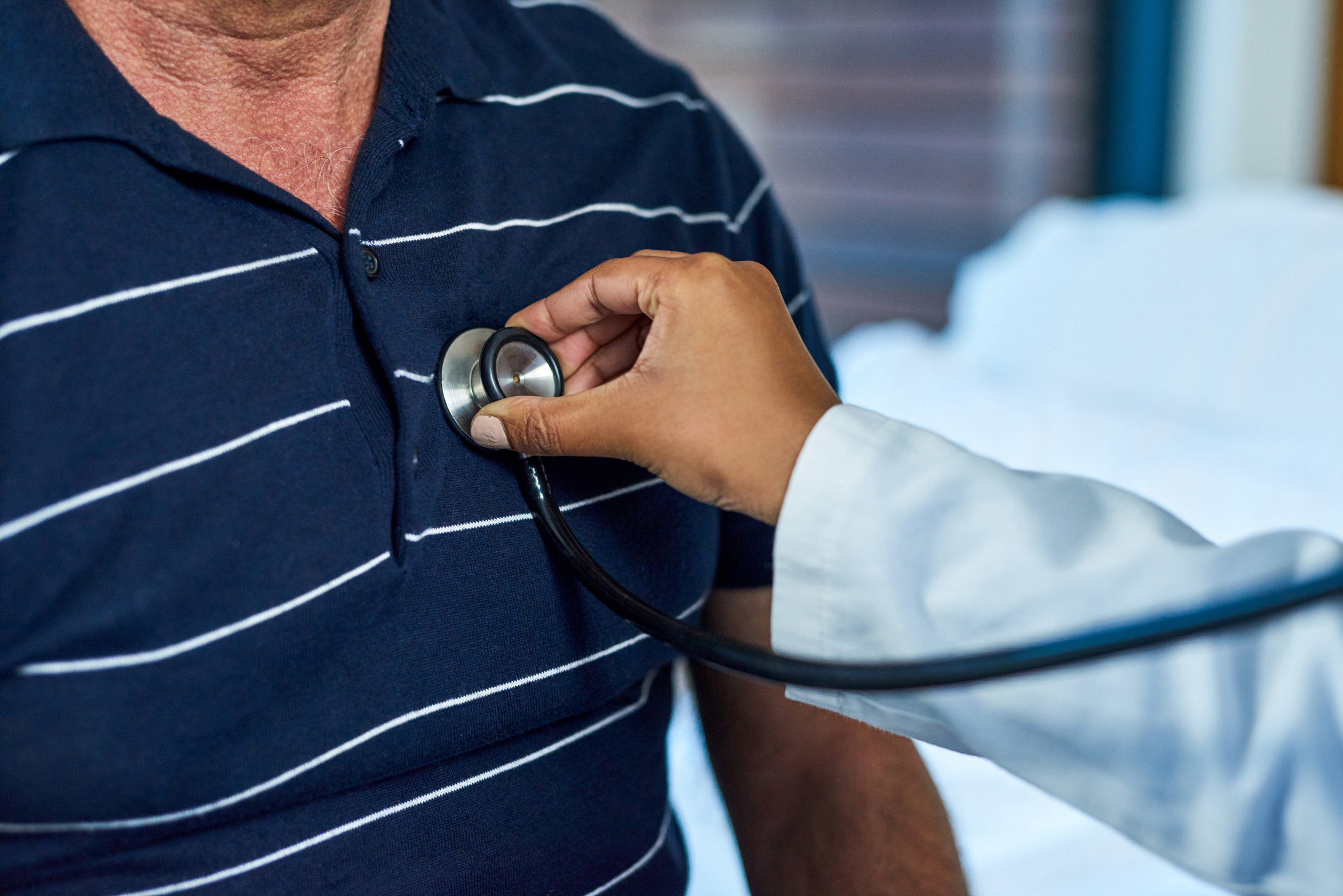
5. "Do you lose control of your bodily fluids immediately?"
JM: Not everyone at the end of life will lose control of their body fluids. It's not like everyone will suddenly urinate and defecate because they have died. However, I would say at the end of life in the actively dying phase, everyone will be incontinent. So you will need someone to change you and care for you if you do die the natural, gradual way. Not everyone does — if you die suddenly, that likely won't happen. But if you're dying a gradual, slow, peaceful, comfortable death, you do get to a place where you are unconscious, and someone has to change you because you still are urinating and having bowel movements. Maybe not as often as you normally would, but you still have them.
However, when someone dies, I think there is a little bit of a misconception that the second they die, they urinate and defecate. That's just not true. They can at times, and that's because all of the sphincters in our bodies, which keep fluids and waste in until it's ready, will loosen and relax and then let go of bodily fluids, hence why people can have fluid come out of their mouth. They can have a bowel movement; they can urinate. That can happen immediately upon death, but it doesn't always happen. It just depends.
6. "My mom has Alzheimer's and doesn't know who anyone is. Will she recognize those at her bedside at the last stage of dying?"
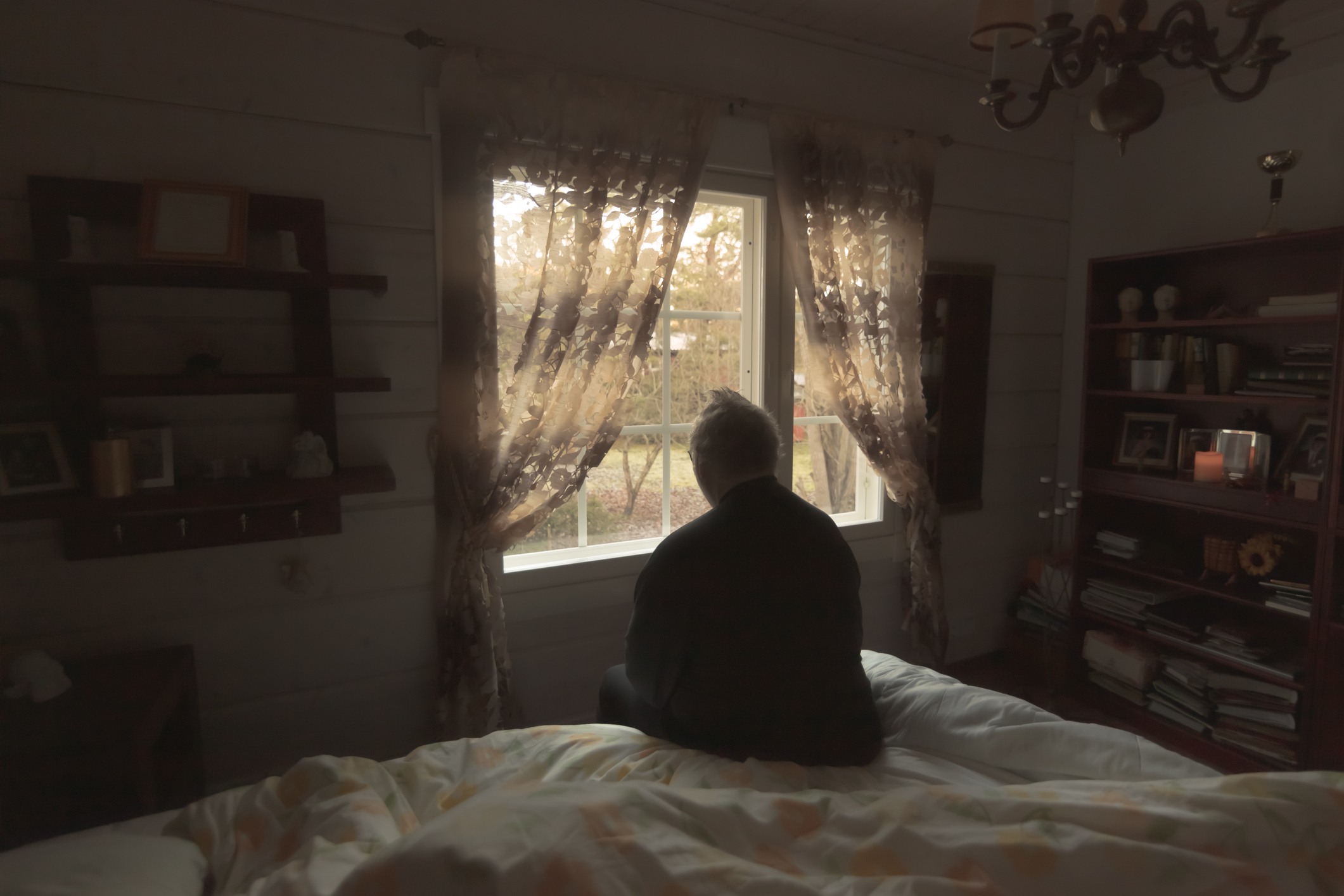
7. "The thing that broke my heart the most was, a few days before my uncle passed away in his late 80s, he started to cry and admitted he was scared. And I had no idea how to respond, so I just held his hand. What are some ways I can 1) respond to this or soothe a scared loved one, and 2) deal with my own fear and anxiety of mortality?"
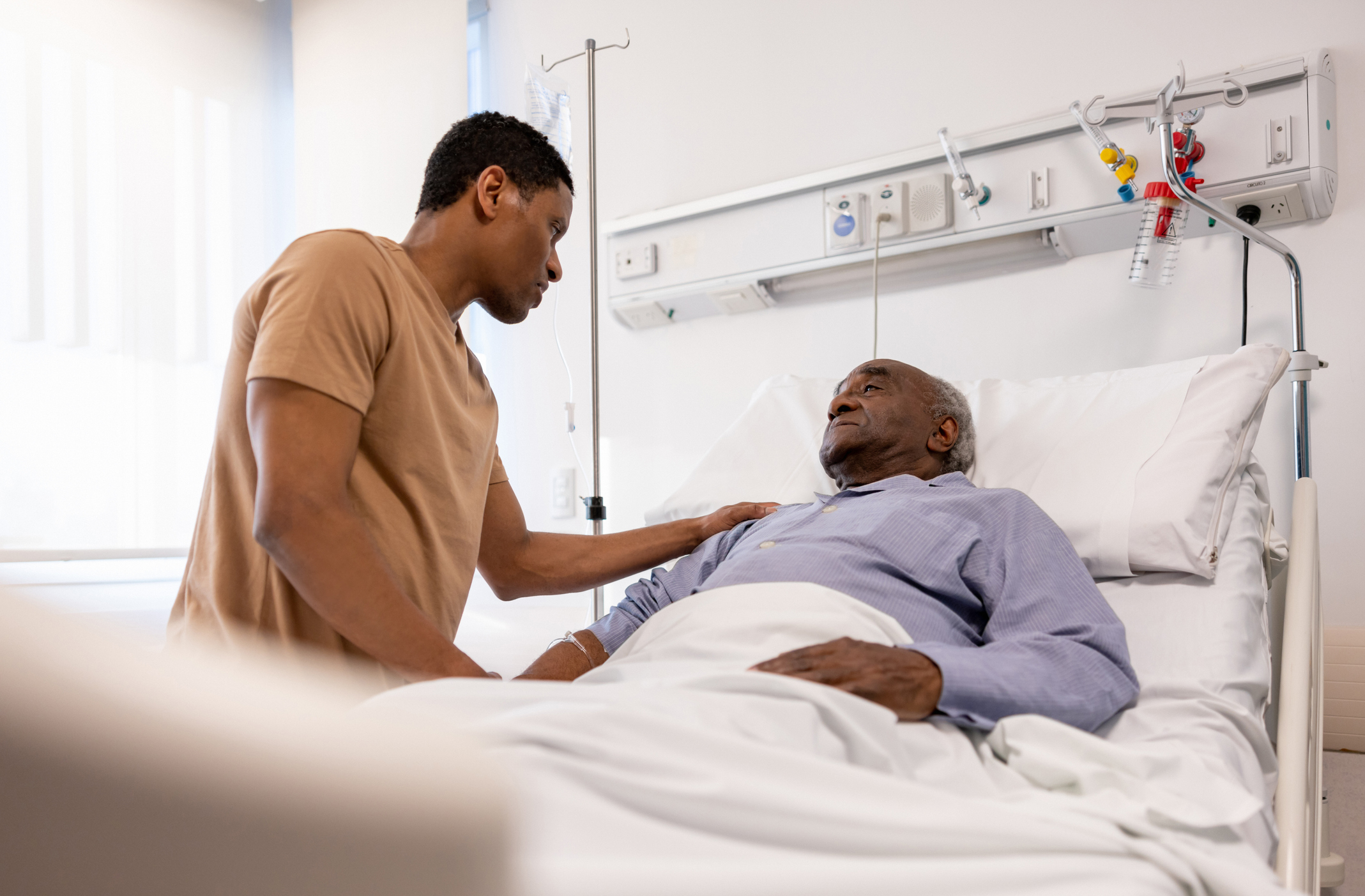
And then, how can we deal with our own fears, right, our own fear? Again, it's the same thing. It's through talking about it. It's through saying, "I'm afraid, I'm afraid to die, I don't want to die, I'm afraid of it." That alone. Awareness around the fear can really help loosen the grip.
I've also heard many people who have death anxiety tell me that watching, learning, and educating themselves about how the body works during the dying process has helped alleviate a lot of their anxiety. I think education can help decrease fear and [help us] truly understand and contemplate our mortality — knowing it's going to happen, knowing it's normal to fear that, and soothing ourselves in the process. I think it's when we deny the fear, deny thinking about it, not looking at it, is when the fear increases. I think fear decreases when we do look at that fear, when we do accept the fear, and when we do learn about what we're actually fearing.
I hope that helps. I love that question.
8. "I have 200 medical problems. No exaggeration. I usually have a healthy emotional attitude about it all, but sometimes it’s overwhelming. Will the doctors tell me when they think I'm nearing my time?"
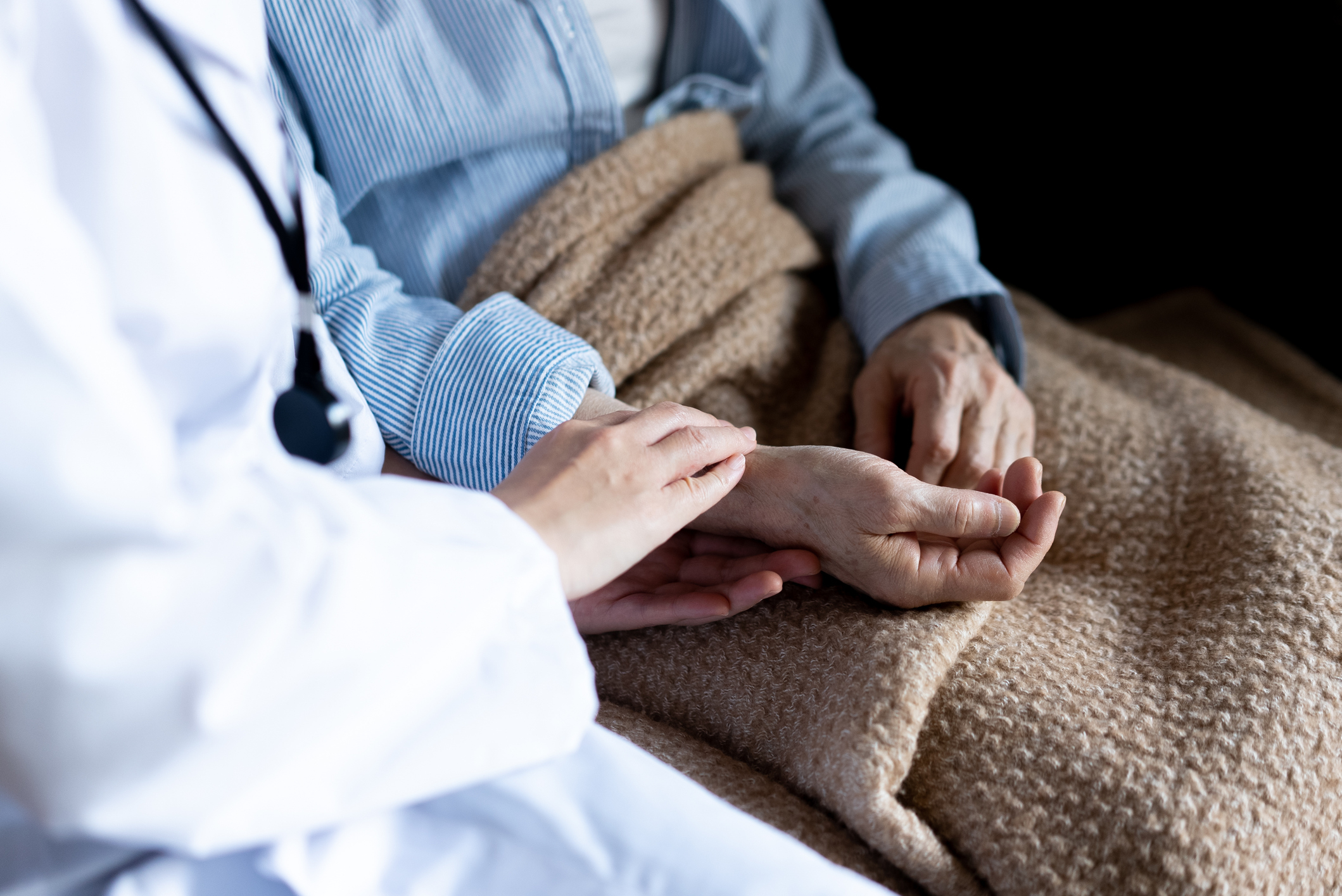
9. "I have incurable cancer and have felt/been very close to dying on several occasions. Medical science has kept me alive thus far. There's a lot of advice and information about what happens when an older person dies, so my question is, what differences might there be when it's a younger person? I'm still in my 20s and don't expect to live to see 40."
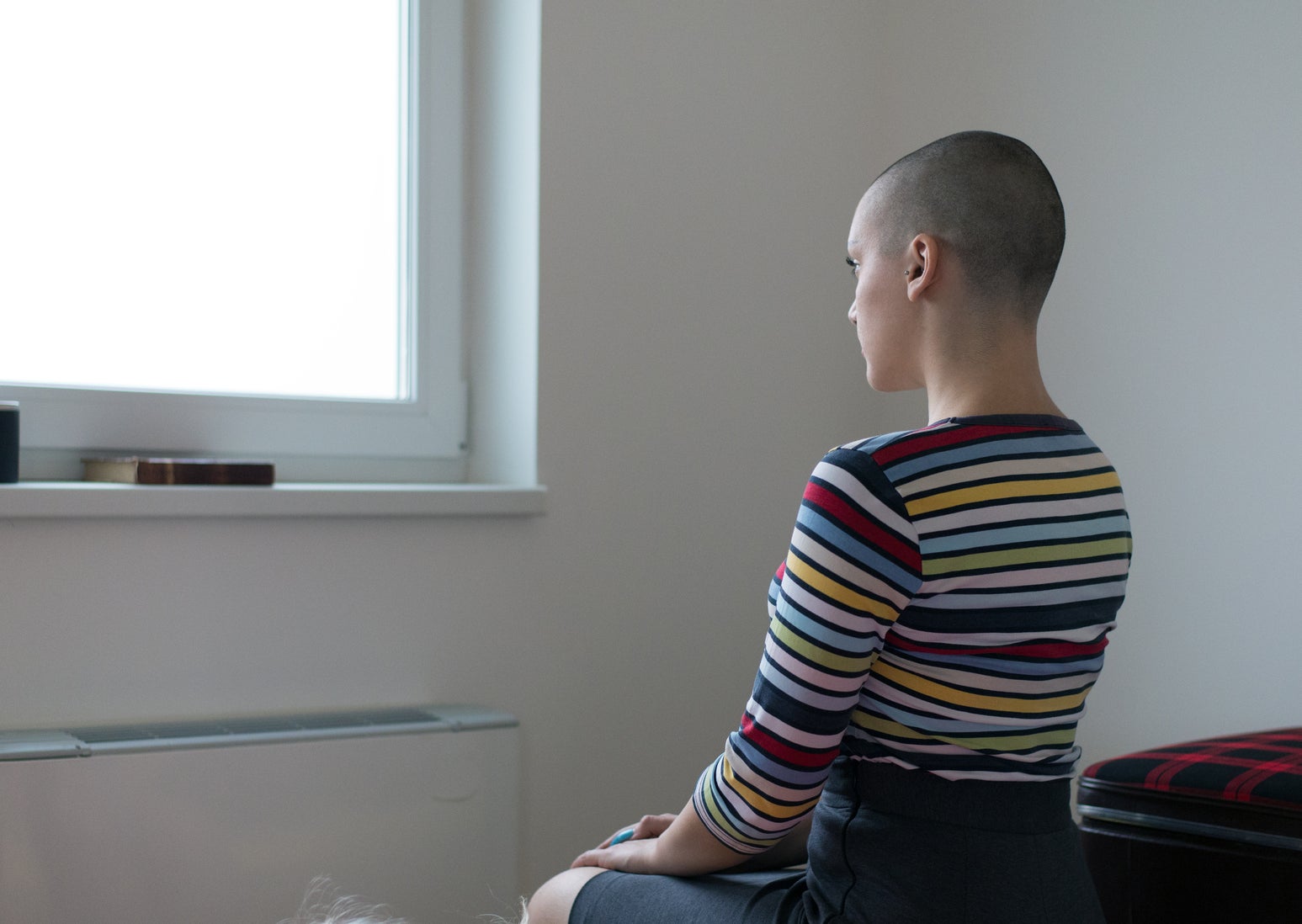
But I will say, because this person is asking this question already, I feel like there probably will be less angst. People, even when they're young, who have come to terms and accept that they're dying — which I'm not saying is easy or even necessary to do; I get if you're like, "No, I'm not going to ever accept that" — but people who do tend to let go a little easier at the end.
Now, how can you work on that? I think this is exactly how it works: by asking questions. Knowing and thinking about your end of life, how you want it to look, trying to really contemplate the fact that it's actually going to happen. And because of that, how do you want to spend the rest of your time here? In doing that, you can help get yourself to somewhat of an acceptance, somewhat of a knowledge and a belief, knowing that you're going to die. So then you can change the way you're living — if you want to change the way you're living — to help you feel less like you didn't do the things you wanted to do, or spend the time the way you want[ed] to spend it. But I feel like the person asking this question is already kind of a step ahead because they're already thinking about it, which is going to help tremendously.
For more information about death and dying, Julie McFadden's forthcoming book, Nothing to Fear: Demystifying Death to Live More Fully, comes out June 11, 2024. In it, she shares the lessons she's learned in her 15 years as an RN in hospice and intensive care, answers more of your questions, and destigmatizes conversations around death and dying.
